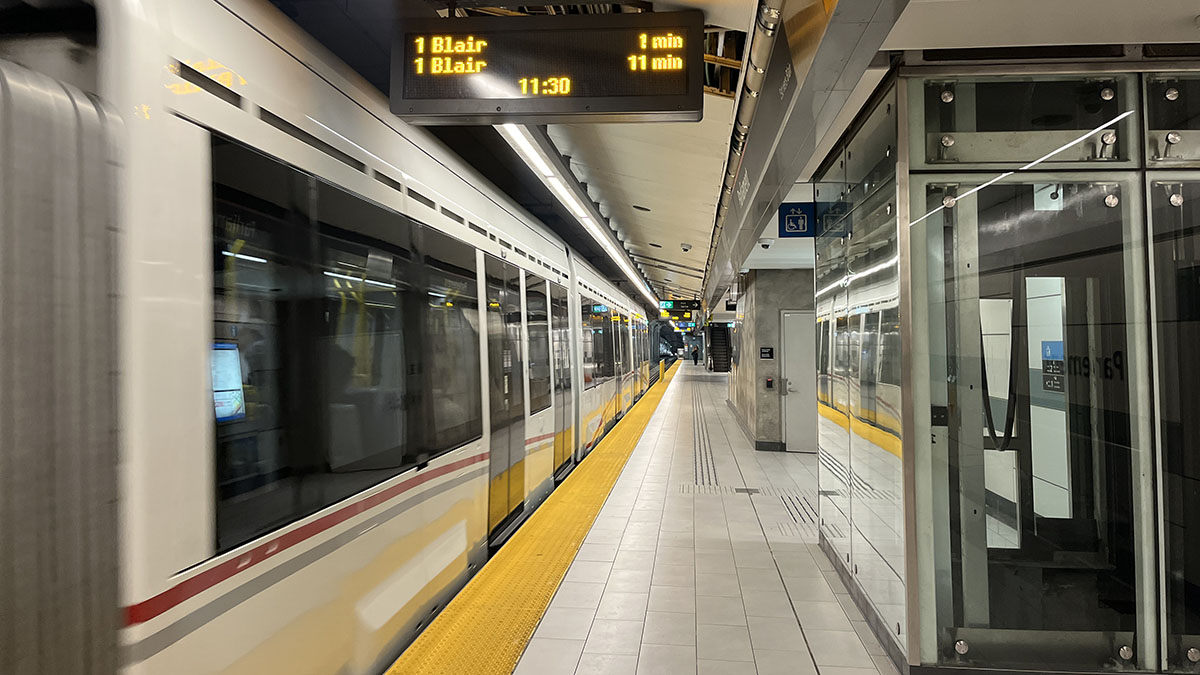Members of Ottawa’s Transit Commission got an earful from OC Transpo union leaders Sept. 12, who say that the problems with the system cannot be fixed with more cuts.
“Some of our operators are on shifts tirelessly for up to 12 hours, yet really compensated for seven and a half on average,” said Noah Vineberg, president of ATU Local 279, which represents many front-line workers including bus and LRT operators.
“Para operations are forced to deal with outdated and sub-par busses,” he said.

“They’re getting frustrated, they’re getting tired, they’re getting burnt out. We want to bring back ridership,” said Vineberg.
Vineberg urged the commission to find a way to invest in Ottawa’s transit system.
“We can’t always be a reactive system. We have to be proactive, and it’s tough to get to that point. But to do that, you have to invest,” he said.
Transit ridership is at 66 per cent of pre-pandemic numbers, putting pressure on one of the system’s main sources of revenue. In the meantime, road congestion is getting worse as more people are driving to work rather than taking public transport, said Kitchissippi Coun. Jeff Leiper, a member of the Transit Commission.
“Road congestion and driver commutes are only going to get worse unless we fix our transit system,” he said.
Meagan Cardinal, a coordinator at Community Associations for Environmental Sustainability, told the commission that quality public transit is critical to many different areas of life, including public health and overall quality of life.
“We must recognize public transit as a public good requiring sustained investment,” she said.
“[Investing] promotes equity by providing essential mobility for those who cannot drive or work cars, ensuring access to jobs, education and services,” she said. “Transit options should be faster, more affordable and less stressful than personal vehicles.”
Mayor Mark Sutcliffe launched a Fairness for Ottawa campaign earlier this year, claiming that Ottawa is not getting enough funding from the province and the federal government. City Council will face difficult decisions, including the spectre of a 9.9 per cent tax increase, as the 2025 budget process begins in earnest.




